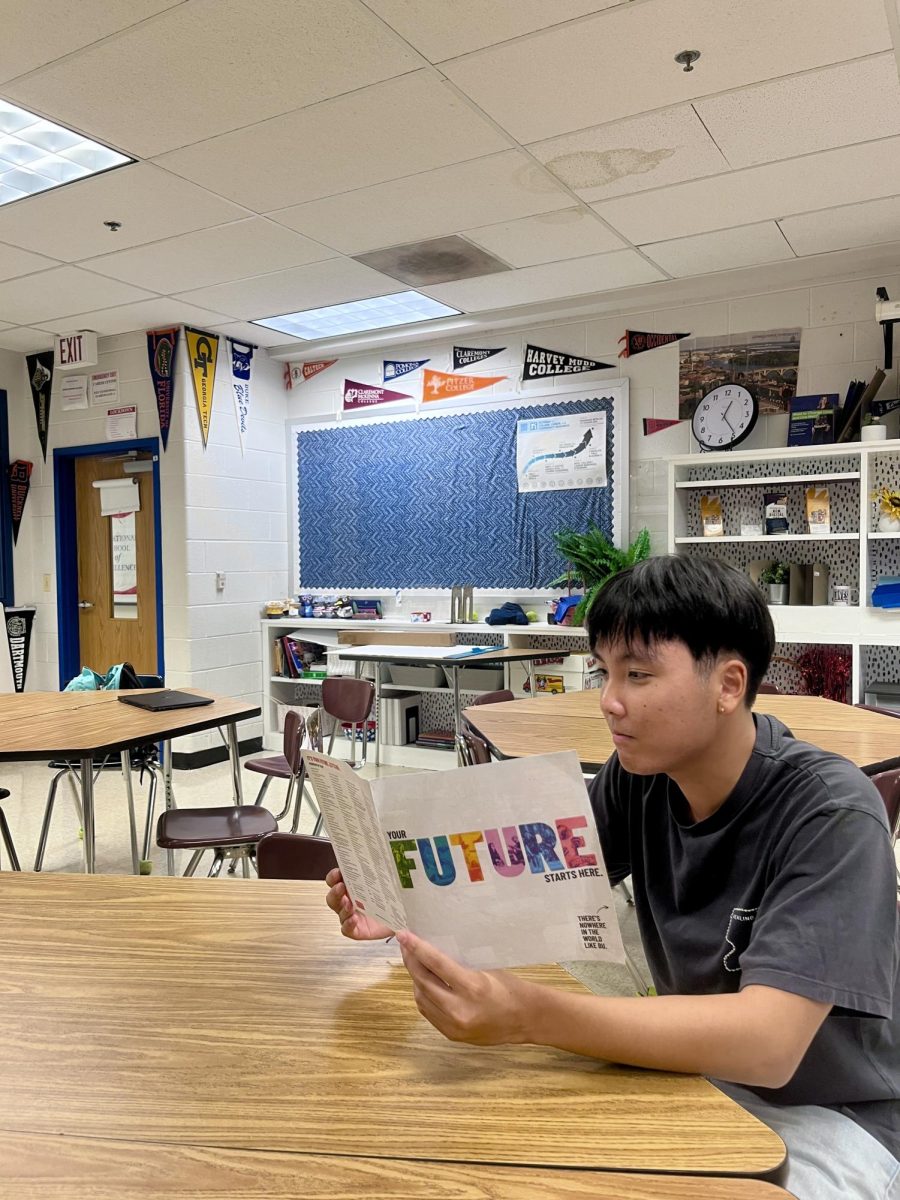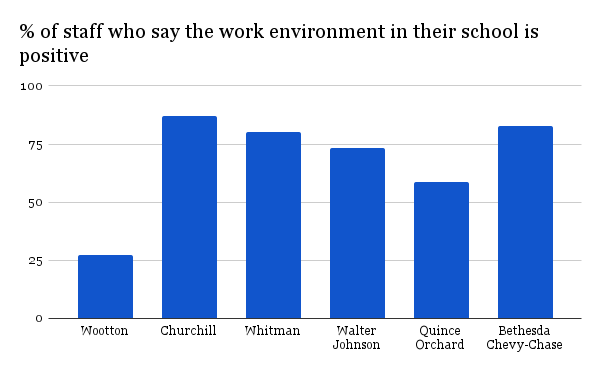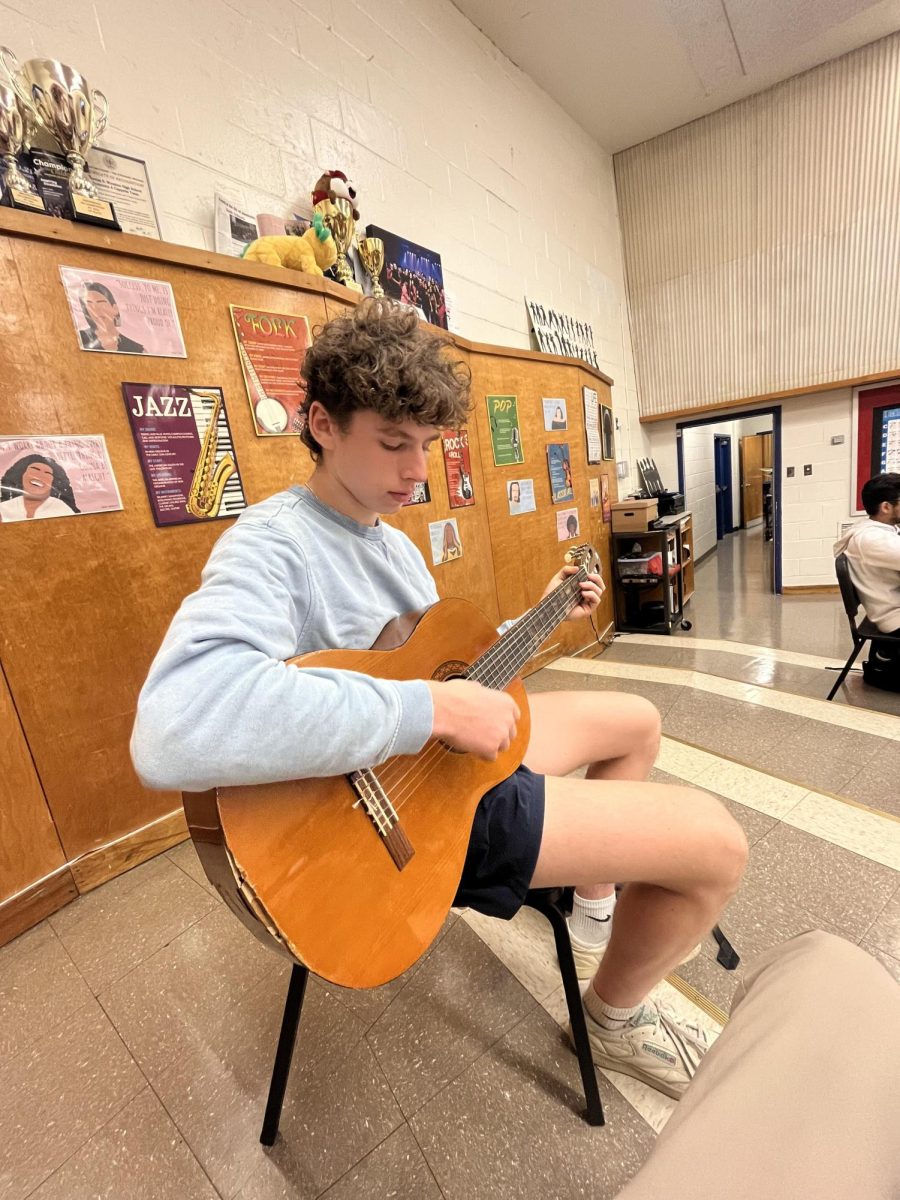No one understands the struggle of having a “unique” name better than when attendance is called. It is a rookie mistake to think that the only time embarrassment strikes is on the first day of school as the teacher goes through the list trying to match every name with a face. Teachers go down the alphabet saying all the most common names, which are easiest to pronounce, then pausing, sometimes apologizing beforehand in case they mess it up but still end up butchering your name.
After the first day they usually jot down a note next to the name on attendance so they remember how to pronounce it in the most simplistic way. “On the first day of school I ask students how to pronounce their names so I make sure I pronounce it correctly. Then on the attendance list I write down the pronunciation so that I can remember how to say it. For example if there are two students with the name Eva but they both pronounce it differently, I make note of it,” Spanish teacher Meredith Lange said.
There are also those teachers who just don’t take note on this, repetitively pronouncing students names wrong. While some students care about this and will instantly tell their teachers, others let it be. “Many teachers pronounce my last name wrong, but I never tell them they are saying it wrong just because it doesn’t matter that much to me,” senior Allison Geringer said.
Then there are the rare substitute teacher moments where they either understand the struggle you have with people mispronouncing your name, so they say it correctly without missing a beat or like the teacher, they once again say a name not even remotely close to your own. “I had a substitute teacher one time who looked at my name, since I am always first on the list, and she called me Soray. I corrected her and said I was here and I told her how to say my name properly and she kept pronouncing it wrong like the first time so I just gave up,“ junior Soraya Abediyeh said.
If they don’t get it, “I usually just give up trying to correct them when they pronounce my name Martin and not with an accent on the í which is the way all my friends and family pronounce it,” senior Martin Rakowszczyk said.
In Rakowszczyk’s case, it would be hard for a teacher or anyone to assume that he pronounces it with an accent if there is no accent mark on his name on the list. It just takes time and constant reminders until it sticks with people and they stop asking for help on how to say it.
For those of you with names that never seem to be pronounced right, that your parents tell you are unique and make you who you are, you are not alone. Whether it is your first name or last name that seems to tie people up when they try to pronounce it, having a name that is different from everyone else’s is what makes you stand out. Though people can’t control what they are named as a child, unless they legally change it themselves, having a name that may be hard to pronounce for some is not the case for everyone. Friends and family and people who grew up around you know how to pronounce it and as you meet new people and see them often enough, they will remember how to pronounce it too.
Ava Castelli
Staff Writer




![Editors-in-Chief Ahmed Ibrahim, Helen Manolis, Cameron Cowen, Alex Grainger, Emory Scofield, Hayley Gottesman, Rebekah Buchman and Marley Hoffman create the first print magazine of the year during the October press days. “Only a quarter of the schools in MCPS have programs that are like ours, a thriving, robust program. That makes me really sad. This is not just good for [the student journalists] to be doing this, it’s good for the entire community. What [student journalists] provide to the community is a faith in journalism and that continues for their lifetimes," Starr said.](https://woottoncommonsense.com/wp-content/uploads/2025/10/wmpoFTZkCPiVA3YXA4tnGoSsZ4KmnKYBIfr18p3l-900x1200.jpg)



